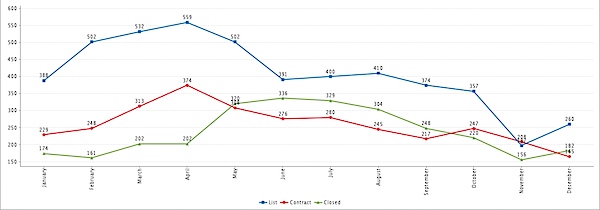From the Central Virginia Vegan Meetup Group to various restaurants and grocery stores, including a wonderful Vegan Guide to Charlottesville restaurants, it seems that Charlottesville offers an awful lot of options for vegans and vegetarians. I’m not nearly educated enough on this topic as I should be, but when incoming buyer clients asked me about Charlottesville options, I turned to the best resource available to me – Twitter and Facebook.
Practicing real estate is absolutely about representing buyers and sellers, but it’s also about educating and introducing clients to my town and providing local insight that they might not get from the google.
Click through to see the embedded storify with Charlottesville Vegan and Vegetarian resources.

